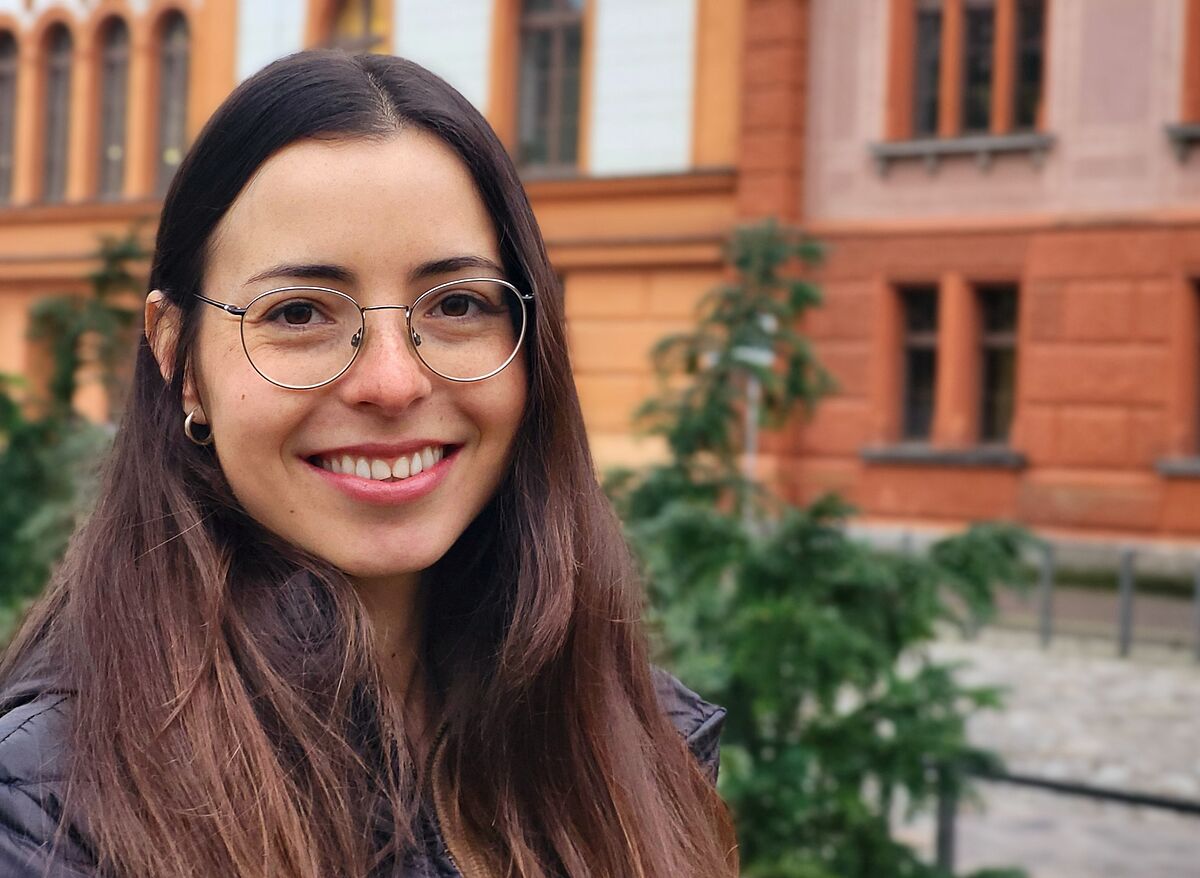Innovations in Aquaculture: The Research Journey of a Scientist
Júlia Clols Fuentes, a 28-year-old scientist, began her academic journey in Spain and is now continuing it in Germany at the University of Rostock. She works in the field of aquaculture, researching microbes in fish farming facilities.
Júlia's academic background and professional experience span multiple countries. She hails from Terrassa, Spain, and embarked on her academic career with a Bachelor's degree in Environmental Biology, which she obtained from the Universitat Autònoma de Barcelona (UAB). Her studies included dynamics of animal environments, population dynamics, and microbiology. During her studies, she developed a broad understanding of animals and their behavior.
During an Erasmus semester in France, she met her future German partner, with whom she later moved to Germany. Originally, Germany was not part of Júlia's plan, but her spontaneity led her to spend a year abroad in Germany. After uncertainties in finding job opportunities, she opted for a Master's degree at the University of Barcelona (UB) in aquaculture.
There, she deepened her pre-existing interest in aquaculture. A chance encounter at a conference of the European Aquaculture Society in Berlin proved to be a turning point. The coincidental meeting with her current professor and employer, Prof. Dr. rer. nat. Harry W. Palm, and other doctoral students in the field of aquaculture and sea ranching eventually led to a professional connection at the University of Rostock.
The contacts she made during the conference in Berlin influenced her decision on which country she wanted to work in, as she had the opportunity to work either in Germany (Rostock) or in Denmark. After securing a position as a research assistant, she decided to pursue a doctorate in 2020.
Júlia combines her duties as a research assistant at the University of Rostock with her doctoral studies. She conscientiously utilizes the time allotted for research activities for her work projects and also works on her doctoral thesis. In both cases, she alternates between working in the office and in the laboratory, depending on the project or topic she is currently working on.
In her doctoral thesis, Júlia focuses on the topic of aquaculture. She believes that aquaculture can provide enough fish for the population in the future without depleting the oceans or damaging the natural resources of the seas. However, she also sees that the aquaculture industry faces some challenges and should be developed sustainably and environmentally friendly.
"Disease outbreaks are a problem because the fish live closely together, and infections can spread quickly," explains the doctoral student. In her research, Júlia focuses on monitoring microorganisms, mainly bacteria, in aquaculture systems to find strategies for controlling and preventing diseases.
She is particularly fascinated by the research on bacteria that can inhibit the growth of certain pathogens. These bacteria could be used as therapy or "probiotics" for disease prevention, instead of antibiotics or disinfectants.
In Germany, she faces challenges such as cultural differences, meeting new people, and the Covid-19 pandemic. Júlia receives support from colleagues and professors at her workplace as well as from the Graduate Academy. She explains, "It's so much easier when you have people around you who are going through similar experiences and whom you can ask for advice." Júlia is also inspired by her mother, who is a doctor. She serves as her emotional support and motivation.
During her doctoral studies, Júlia has already gained important insights. She emphasizes the importance of careful planning and stresses the significance of a balanced lifestyle to reduce stress, "so that it does not devour her alive," as a Spanish proverb expresses. She achieves this through sports and leisure activities with friends. Nevertheless, she does not lose sight of her main goal, completing her doctorate.
For aspiring academics, Júlia emphasizes the importance of a resilient mindset in the face of challenges. Problems should be seen as opportunities for personal and professional growth rather than something negative.
Contacts:
Júlia Clols Fuentes
Aquaculture and Sea-Ranching
Faculty of Agricultural and Environmental Sciences
Tel: 0381-4983741
E-Mail: Julia.Fuentes@uni-rostock.de
Room 15, Building LAG 1*
Text: Julia Konradi

